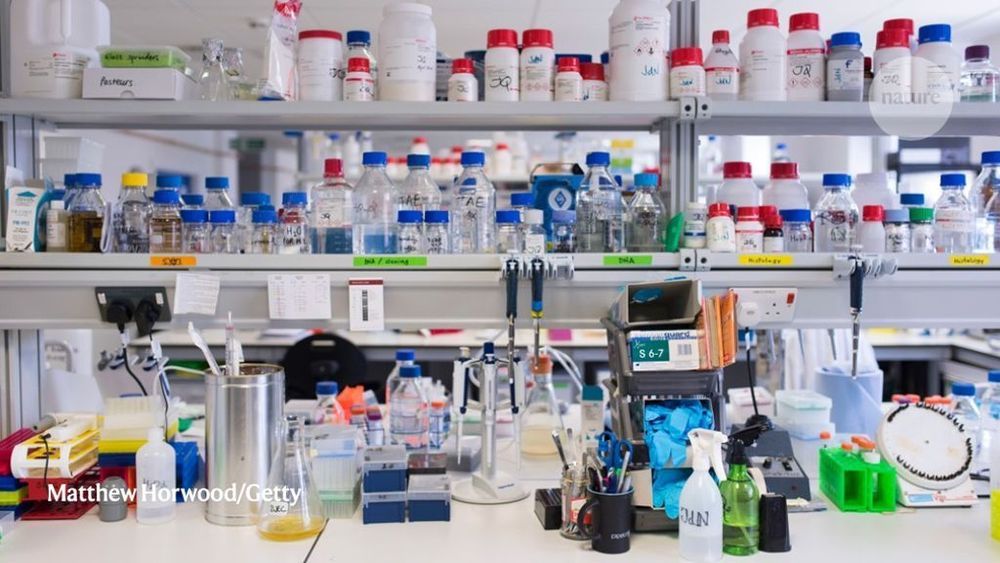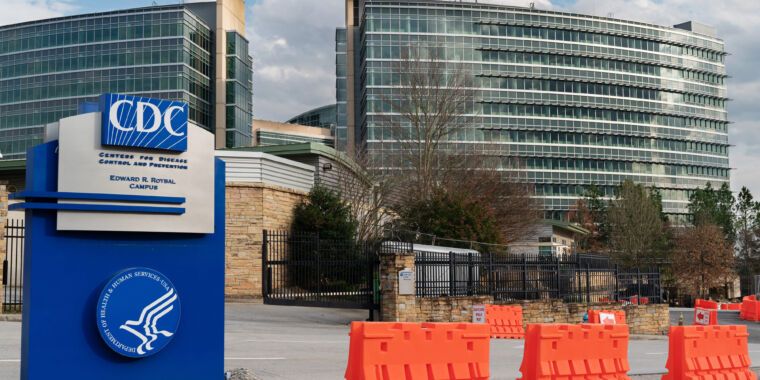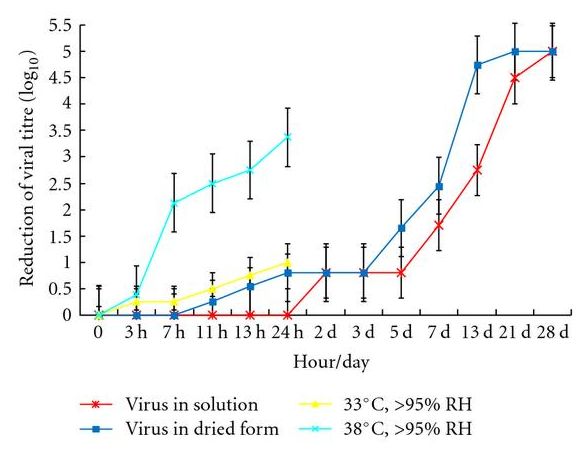The main route of transmission of SARS CoV infection is presumed to be respiratory droplets. However the virus is also detectable in other body fluids and excreta. The stability of the virus at different temperatures and relative humidity on smooth surfaces were studied. The dried virus on smooth surfaces retained its viability for over 5 days at temperatures of 22–25°C and relative humidity of 40–50%, that is, typical air-conditioned environments. However, virus viability was rapidly lost (3 log10) at higher temperatures and higher relative humidity (e.g., 38°C, and relative humidity of 95%). The better stability of SARS coronavirus at low temperature and low humidity environment may facilitate its transmission in community in subtropical area (such as Hong Kong) during the spring and in air-conditioned environments. It may also explain why some Asian countries in tropical area (such as Malaysia, Indonesia or Thailand) with high temperature and high relative humidity environment did not have major community outbreaks of SARS.
Severe acute respiratory syndrome (SARS), was a new emerging disease associated with severe pneumonia and spread to involve over 30 countries in 5 continents in 2003. A novel coronavirus was identified as its cause [1–3]. SARS had a dramatic impact on health care services and economies of affected countries, and the overall mortality rate was estimated to be 9%, but rising to 50% in those aged 60 or above [4]. A notable feature of this disease was its predilection for transmission in the health care setting and to close family and social contacts. The disease is presumed to be spread by droplets, close direct or indirect contact, but the relative importance of these routes of transmission is presently unclear. A study showed that viral aerosol generation by a patient with SARS was possible and therefore airborne droplet transmission was a possible means of transmission [5].





